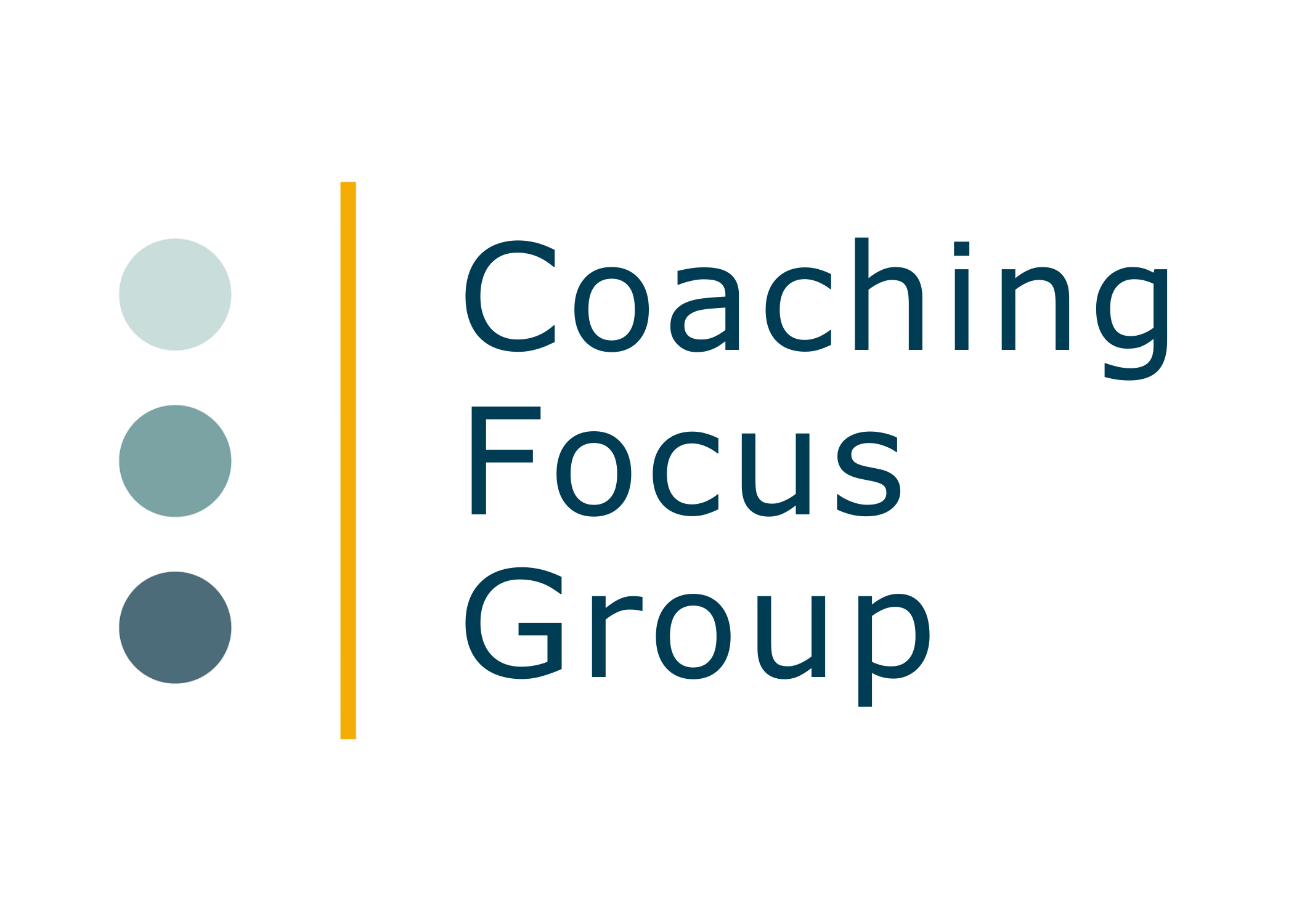By Coaching | Jul 11, 2021
Couching – coaching and mental wellbeing
Who is this article for?
- Business executives, leaders and managers who coach their teams
- Professional coaches looking to gain new thinking
- HR teams looking at holistic staff wellbeing
Twenty first century living and working for many of us is perhaps faster, more uncertain, insecure yet global and interconnected than it has ever been and it seems there’s little likelihood of this abating. According to many we now live in a VUCA world, one that is Volatile, Uncertain, Complex and Ambiguous, says Trayton Vance.
It has recently been said that in modern living and working e.g. whilst in the work space and system we are also in our family and relationship systems and our social, cultural and political ones too. This is common sense to me now.
As the tectonic plates of work, family, society, culture, religion, politics, finances come ever closer together. We have to juggle our various selves with speed, agility and complexity whilst continuing to perform. So no wonder are minds are constantly ‘always on’ and mental health issues are on the increase as we try to continue to keep up with the pace modern life.
Mental health and the economic reality
Norman Lamb MP when Health Minister revealed that mental ill health was costing the economy £11 billion per annum. What are the origins of this mental distress and suffering? Is it generated in the organisation, in family or society or a mix of all of them? It may be worthwhile to explore, reflect and raise awareness on this question?
In my experience as an Executive Coach working mainly in the corporate sector but having a foot in the public and third sector too it is now not uncommon to find myself working with distressed coachees, teams, leaders and organisations who are struggling with a number of these challenges and I found myself asking the question ‘Is it coaching or counselling that is needed here?’
Of course as a professional coach I knew my boundaries but this question made me realise my lack of knowledge, experience and qualifications in this area. And like any great coach I was curious to understand more.
So it was with this backdrop that I have invited William Devine and Dr Helen Holgate, both highly experienced and qualified in both of these fields to present a workshop which explores the hinterland which exists between Coaching and Psychotherapeutic domains.
Workshop Approach
They will utilise some formal teaching material, some floor based exercises and systemic tools in order to connect, learn and grow in our bodies as well as our minds. They will share psychotherapeutic approaches from the worlds of Psychoanalysis, Gestalt, Systemic in order to explore how these ideas might inform your Coaching practice.
They will also explore how Mindfulness and Neurobiology might assist us develop a greater capacity and confidence for working with the body. The concept of consilience, where ideas, theories and approaches can co-exist rather than compete, cf Daniel Siegel, might help us think, reflect and work more fluidly and ethically between the domains of Coaching and Psychotherapy.
Possible outcomes of the session - Understanding or appreciation of the following
- Identifying when Coaching which client system(s) and domains of work (Coaching or Psychotherapy) we are appropriately contracted to and competent to work within.
- Awareness of the evolution and practice of Couching – a hybrid of Counselling and Coaching.
- Appreciation that there’s a movement where Coaches are training to develop greater Psychological and Psychotherapeutic competence as they work with clients and more and more therapists are training and practising as Coaches. The BACP now has it’s own Coaching Division.
- How might the psychotherapeutic assessment practice assist us appreciate the level of readiness our clients have for Coaching?
- How might psychopathology such as borderline or narcissistic personality disorder, self harming, addiction, suicidal ideation, chronic stress and trauma show up in Coaching and be best responded to in a way that is ethical, professional and in service of our clients, ourselves and our profession as coaches.
- What resources and strategies beyond Coaching supervision might be available to us as in order to help our clients and look after ourselves.
- What are the lowest common denominators we have to consider when confronted with distress or psychopathology in our clients e.g. our ethical duty to do no harm, the risk of litigation and damage to professional or brand reputation?
Speaker Profiles
William Devine works as a Senior Executive Coach and Systemic Coach with senior people, leaders, teams and organisations in the corporate, public and third sector worlds. He leads the Coaching Practice of the MK-LF Partnership Top Flight Pipeline Programme a unique business which helps some of the UK’s top businesses and organisations develop its senior female talent to reach C Suite, Executive Board level and Chief Executive positions.
William is also a Psychodynamic Psychotherapist of 15 years’ experience and Senior Trauma Consultant working with individuals, groups and organisations. He owns and runs Central London Counselling Services Ltd a boutique business delivering solution focussed bespoke psychological services to organisations throughout the UK and abroad.
Dr Helen Holgate leads the training and Stress Management Programmes. She is a Counsellor, Trainer and Trauma Consultant working with CLCS Ltd. Helen is a former Foster Carer and is now Vice Chair of the Fostering Network a membership body of 60,000 UK foster carers.
There are currently no future dates planned for these workshops, but if you are interested in them, please contact us.
